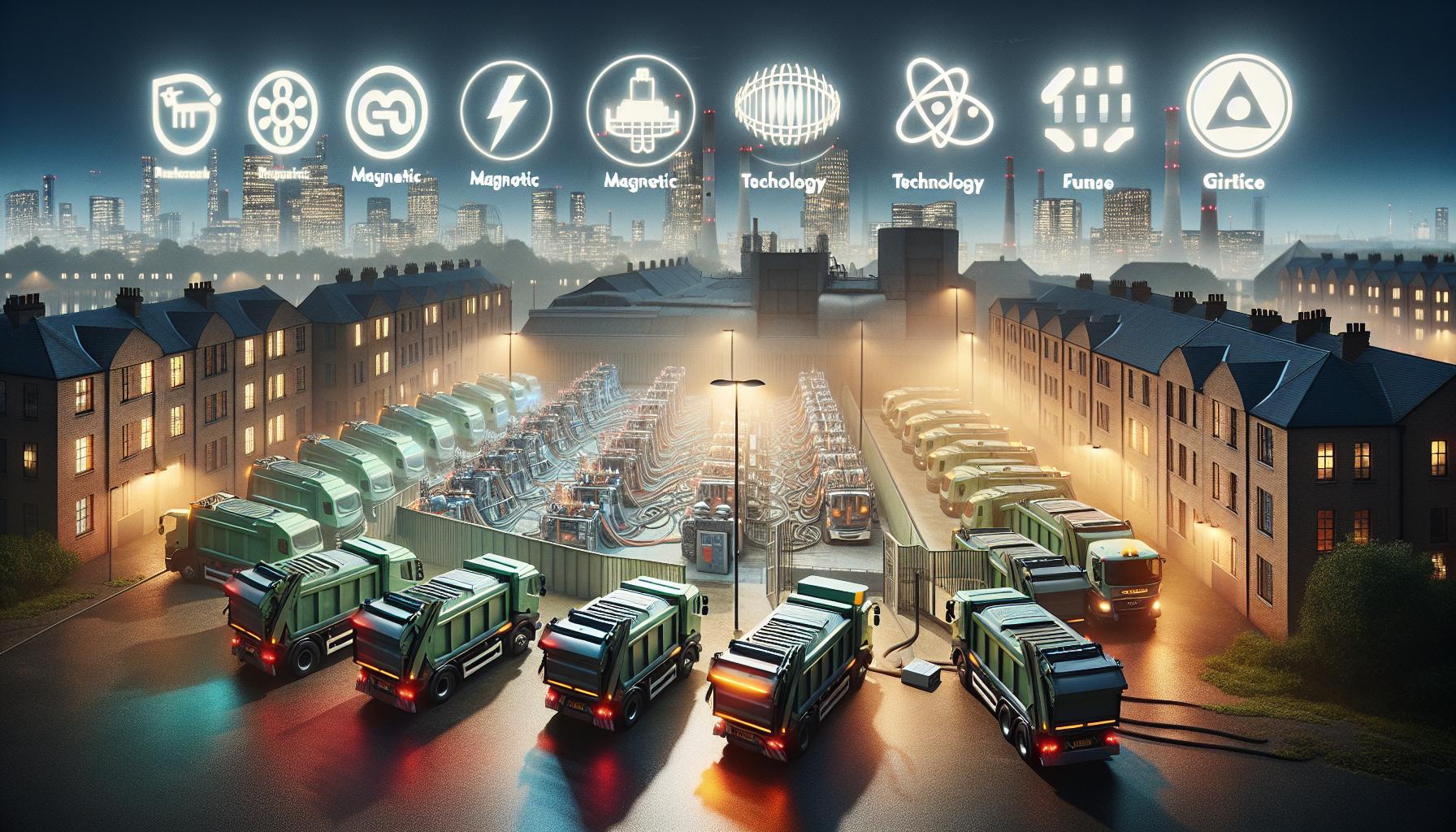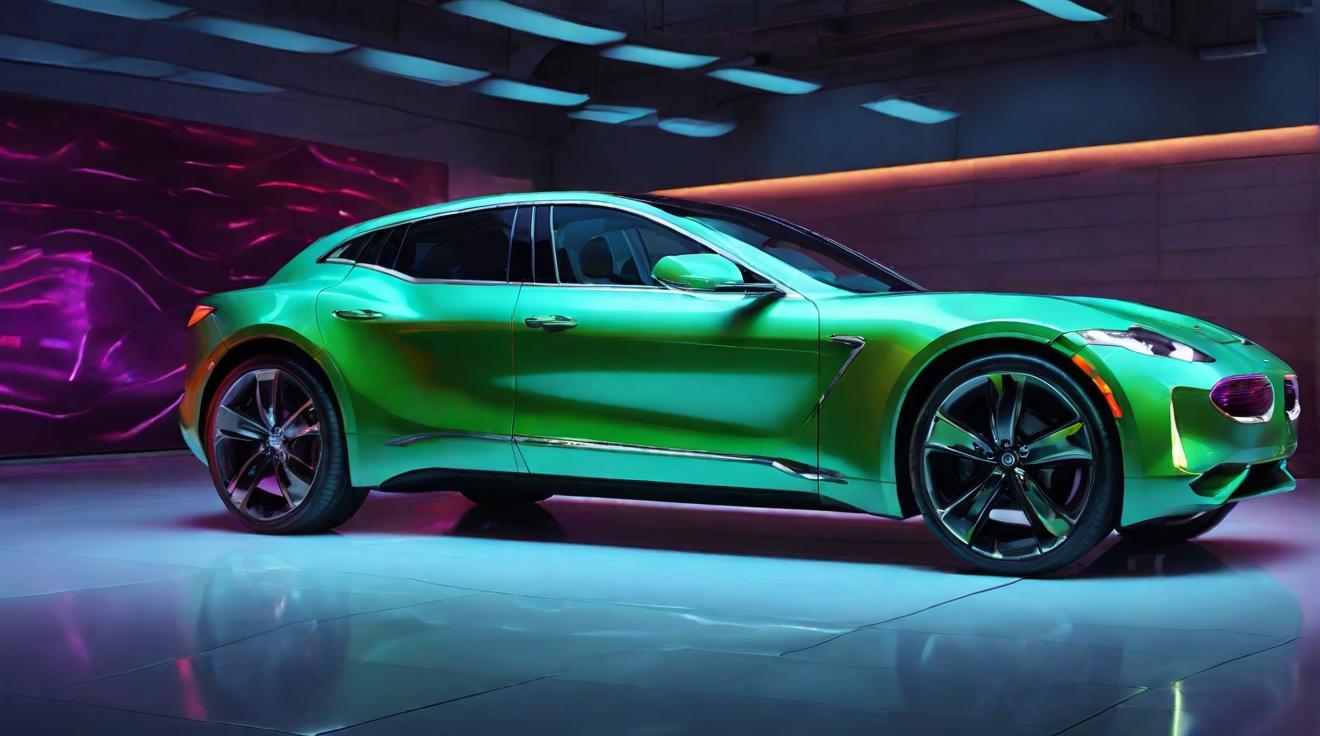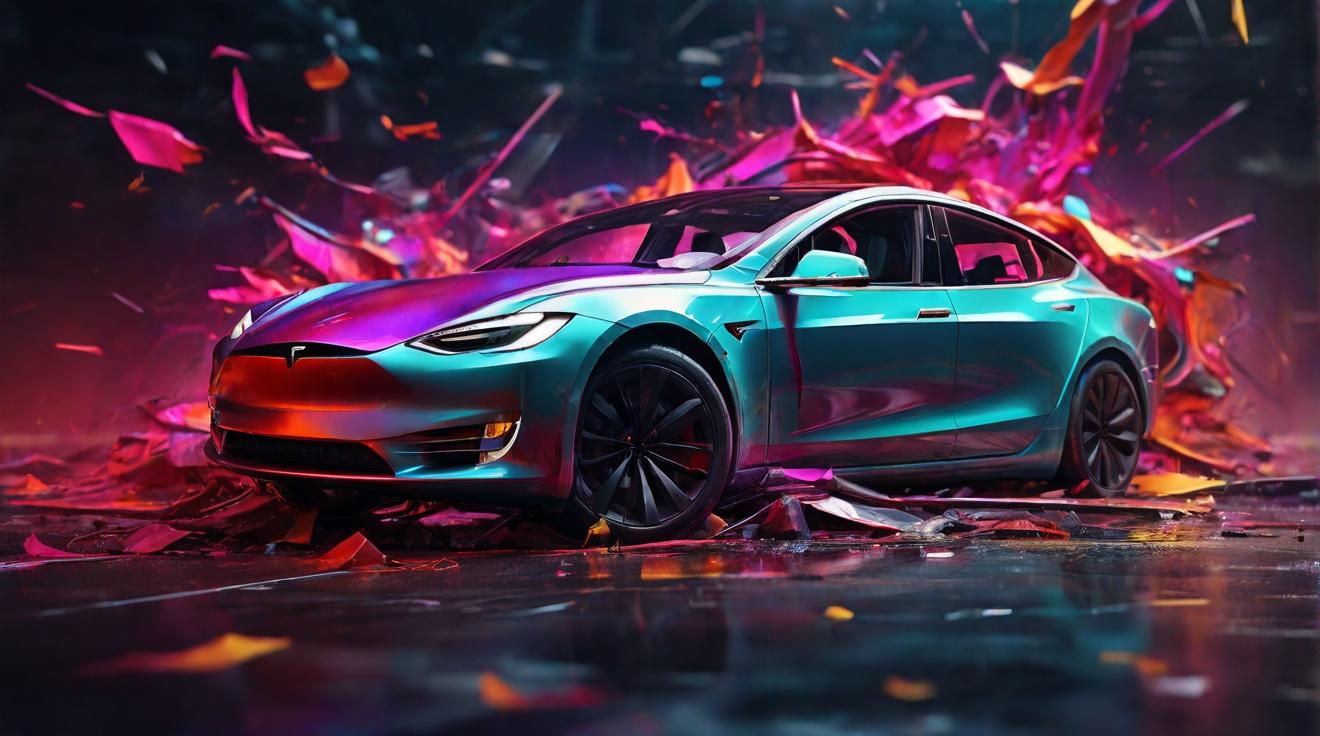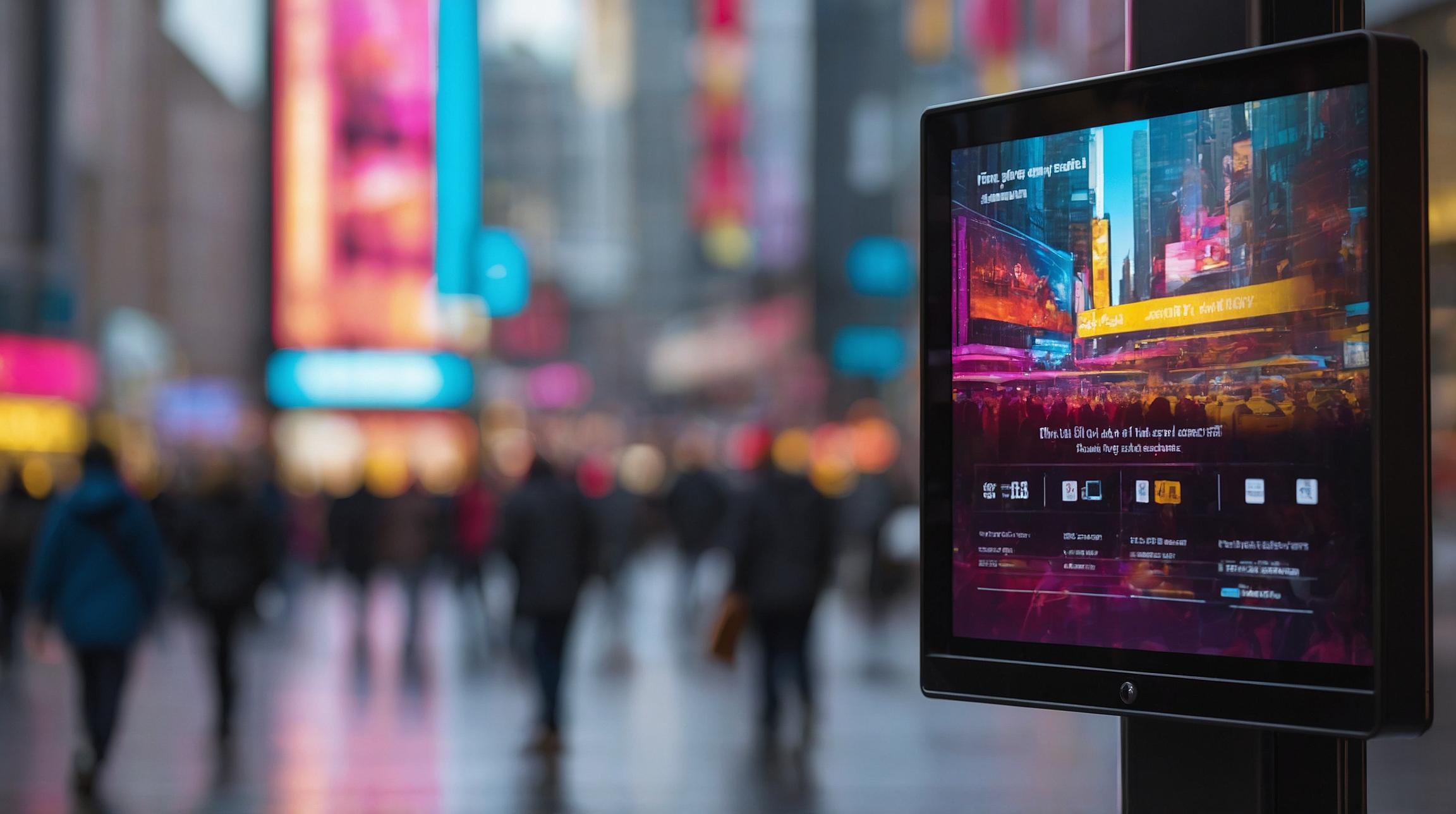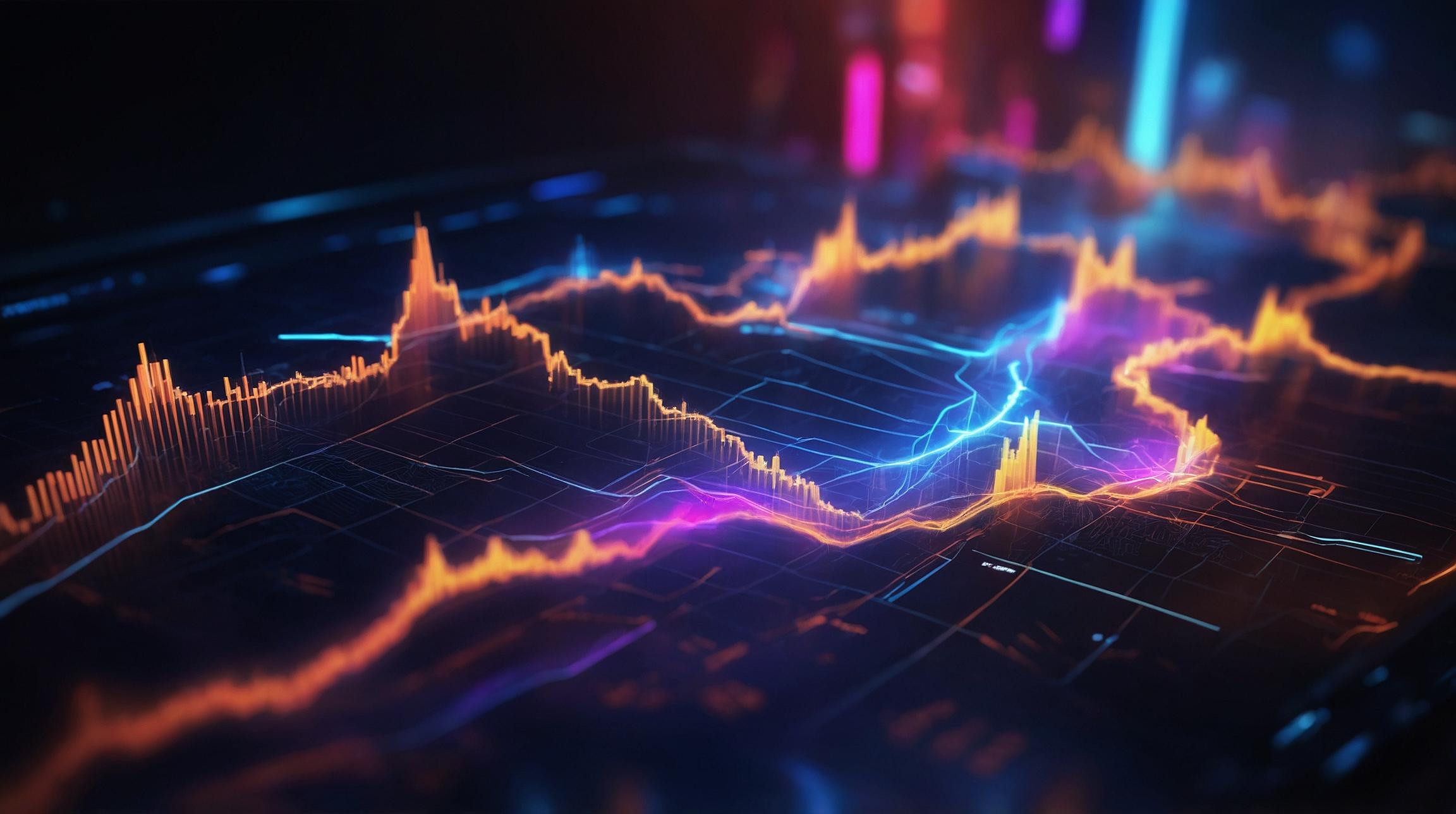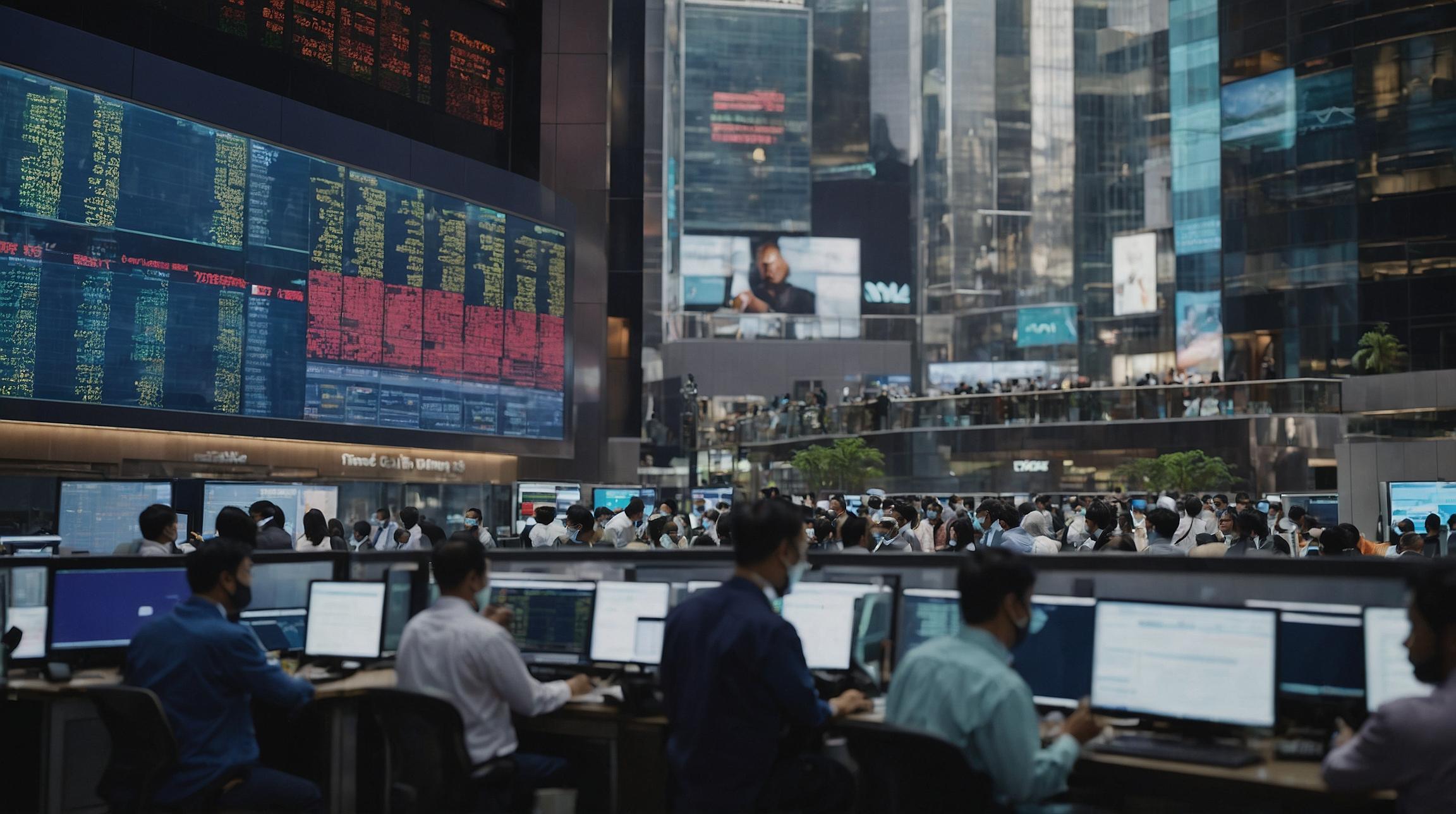Veolia’s Plan to Fully Electrify UK Waste Fleet by 2040
Veolia, the UK’s largest operator of waste collection fleets, has unveiled a bold plan to fully electrify its vehicles in the country by 2040. This strategic move is aimed at contributing to energy security and supporting the national grid. The announcement was made during the “Deep Dive Energy” event in London, where Veolia also introduced a pioneering vehicle-to-grid (V2G) technology.
Veolia Introduces Pioneering V2G Technology for Refuse Collection Vehicles
In a groundbreaking development, Veolia has introduced a vehicle-to-grid (V2G) technology for its refuse collection vehicles (RCVs). This innovative technology will allow the RCVs to supply power back to the grid, potentially providing around 200 megawatts of flexible power capacity each day. This amount of power is comparable to the evening peak energy demand of over 150,000 UK homes. The company believes that this technology will significantly contribute to energy security and help support the national grid.
Successful Trial: Veolia’s Bi-Directional Vehicles Power 110 Homes
Veolia has completed a successful trial phase for its bi-directional vehicles, which are capable of delivering power to the grid. During the trial, two specially designed vehicles supplied 110 kilowatts of energy, enough to power 110 households for more than two hours during peak evening hours. This proves the viability and effectiveness of Veolia’s V2G technology. Building on this success, Veolia plans to expand these trials on the streets of Westminster. This is a significant step forward in the company’s journey towards fully electrifying its waste fleet.
Veolia to Utilize Decarbonizing Energy for Sustainable Fleet Power
To power its fleet of waste collection vehicles, Veolia will utilize local decarbonizing energy generated by its own waste-to-energy plants. This approach creates a sustainable loop where waste is converted into electricity to power the very vehicles that collect the waste. An example of this approach is the Landmann Way vehicle depot in North London, which will be powered by low-carbon electricity from the SELCHP plant. This demonstrates Veolia’s commitment to sustainable practices and reducing its carbon footprint.
Veolia’s Innovation and Collaboration Enhance UK’s Energy Security
Estelle Brachlianoff, CEO of Veolia, stressed the significance of innovation in local decarbonizing energy and the need for a collective shift in mindset regarding energy production, distribution, and consumption. Gavin Graveson, Senior Executive Vice President of Veolia Northern Europe Zone, emphasized the role of flexibility in enhancing the UK’s energy security and supporting the transition to a more sustainable market. Veolia’s collaboration with Turbo Power Systems, Magnetic Systems Technology, Fuuse, and technology provider Advantics further demonstrates its commitment to innovation and solving complex energy challenges.
Veolia’s ambitious plan to fully electrify its waste fleet by 2040, combined with the introduction of V2G technology, marks a significant milestone in the company’s efforts to contribute to energy security and support the national grid. The successful trial of its bi-directional vehicles showcases the effectiveness of this technology in powering homes during peak evening hours. By utilizing decarbonizing energy from its own waste-to-energy plants, Veolia is creating a sustainable loop and reducing its carbon footprint. The company’s commitment to innovation and collaboration further strengthens the UK’s energy security and accelerates the transition to a more sustainable market.
Analyst comment
Positive news:
– Veolia’s plan to fully electrify its UK waste fleet by 2040 will contribute to energy security and support the national grid.
– Veolia introduced a pioneering vehicle-to-grid (V2G) technology for its refuse collection vehicles, potentially providing around 200 megawatts of flexible power capacity each day.
– A successful trial demonstrated the viability and effectiveness of Veolia’s V2G technology, powering 110 homes during peak evening hours.
Neutral news:
– Veolia plans to utilize decarbonizing energy from its own waste-to-energy plants to power its fleet of vehicles.
– Veolia’s CEO and Senior Executive Vice President emphasized the need for innovation, collaboration, and a shift in mindset regarding energy production, distribution, and consumption.
As an analyst, I predict that Veolia’s focus on electrifying its waste fleet, introducing V2G technology, and utilizing decarbonizing energy will lead to increased energy security, reduced carbon footprint, and further advancements in the transition to a more sustainable market.





